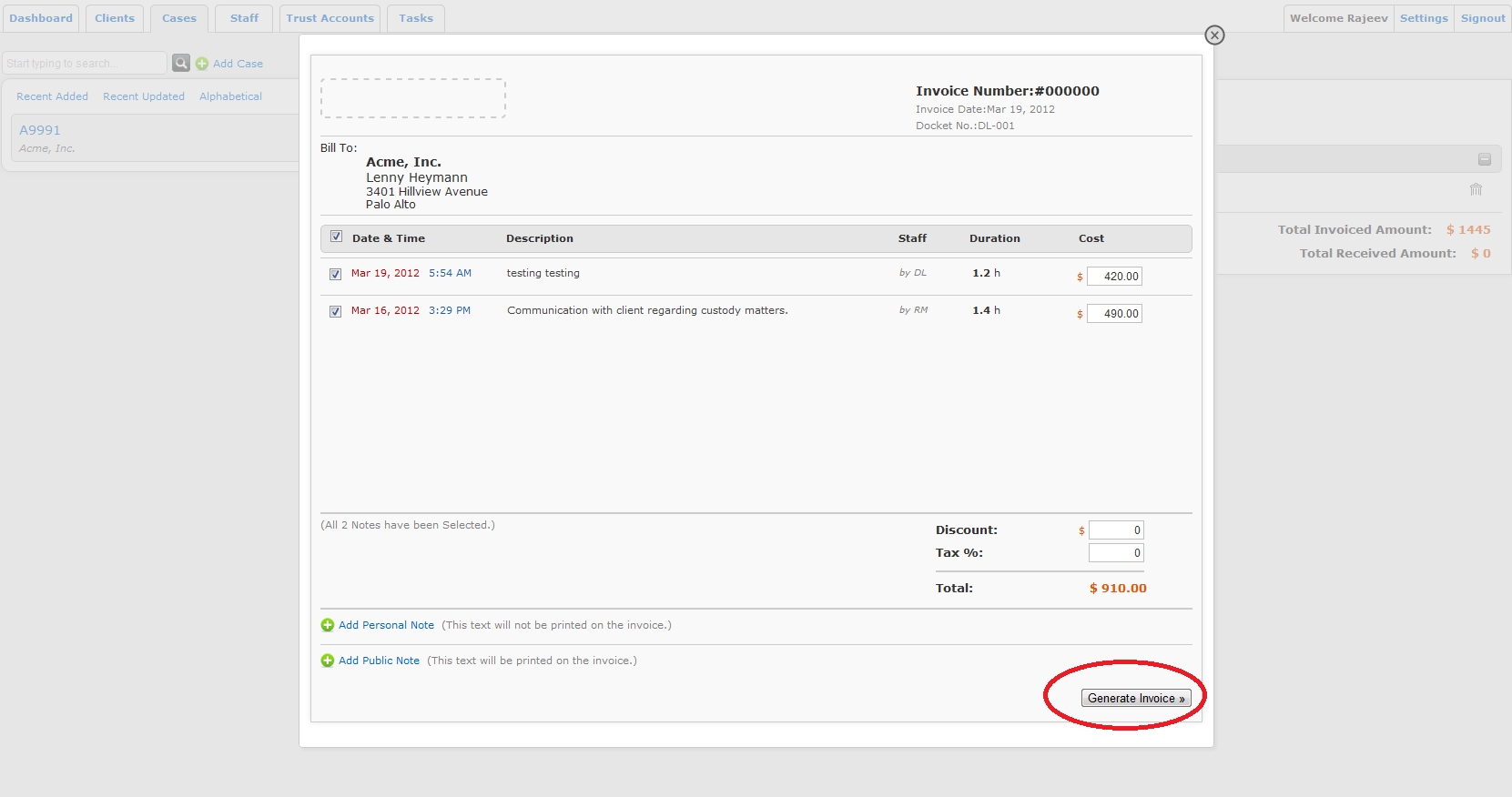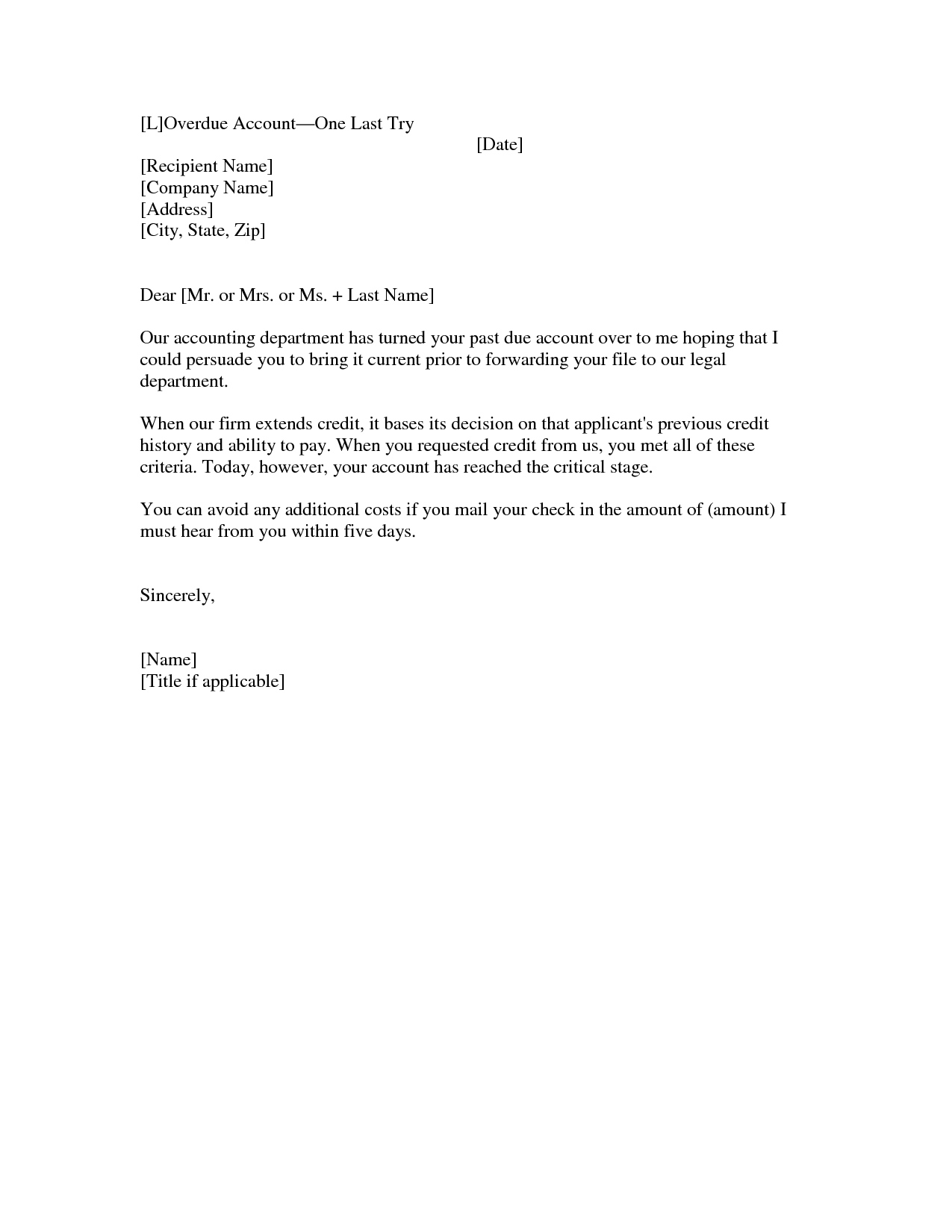

For example, it must be obvious who must pay and who will receive the interest. When drafting an express interest clause, it is important to get the drafting right. With few exceptions (such as the Late Payment Act referred to above), the common law provides no remedy for late payment of money. In general, no term is implied for payment of interest, even on a loan. An express interest clause may improve on or restrict the creditor’s rights under the general law. In other cases, especially in the supply of goods and services, the statutory right under the Late Payment Act may give 8% a year or more on a late payment, which may seem too high.

Often, in the absence of an interest clause, there is no right to interest on a late payment. Reasonable costs might include debt collection agency fees and solicitor’s fees but not administrative or internal costs, which are covered by the fixed sum.Īs an alternative to relying on the Late Payment Act, an express interest clause can be included in the contract for the supply of goods and/or services.Īn express interest clause provides a contractual sanction for non-payment of a sum of money.


The end date for interest to be paid is usually when the principal debt is paid. The start date for interest to be paid depends on the relevant payment date. The rate is set twice a year by adding 8% to the Bank of England’s official base rate. The term implied by the Act is for simple interest to be paid at a fixed rate. In addition, if no money exchanges hands for the goods or services provided, the contract also falls outside the scope of the Act. Some contracts are expressly excluded from the Act, such as employment contracts and security contracts (including mortgages and other charges). Notwithstanding this, the Late Payment Act applies to most kinds of supply of services and goods. Unfortunately, there is no comparable statutory definition of services. Both “goods” and “sale of goods” are widely defined in the Sale of Goods Act 1979. The Act applies where goods and/or services are supplied. The contract need not be in writing but could be a contract made by speech or conduct.Įach party must be acting in the course of a business in making the contract for it to fall within the Act. No interest can arise under this legislation unless there is a contract between the parties.
#STATUTORY INTEREST ON UNPAID INVOICES PLUS#
This legislation adds an implied term in business-to-business contracts for the supply of goods and services, giving at least 8% a year interest on the price, plus a fixed sum and reasonable costs of recovering the debt. The Late Payment of Commercial Debts (Interest) Act 1998 This blog from our business debt recovery solicitors aims to provide information on when interest can be charged on unpaid debts.


 0 kommentar(er)
0 kommentar(er)
